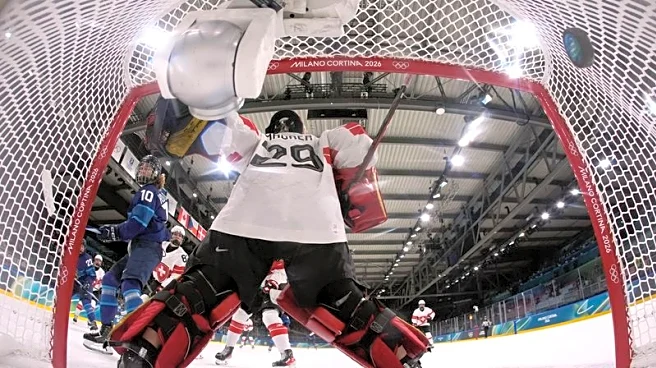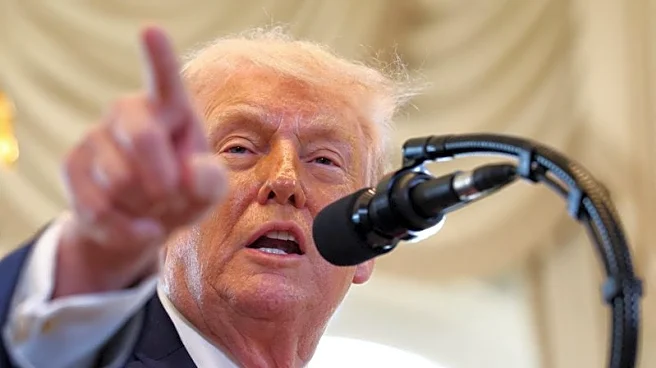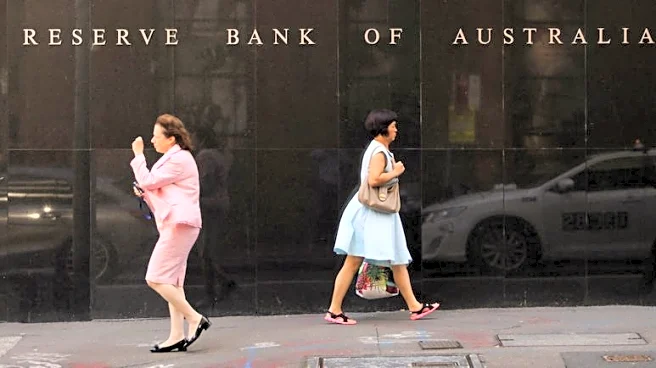Rapid Read • 8 min read
The Supreme Court of the Philippines has declared the articles of impeachment against Vice President Sara Duterte unconstitutional, citing a violation of her right to due process. The decision, delivered by Senior Associate Justice Marvic M.V.F. Leonen, was unanimous with a vote of 13-0-2. Despite the ruling being immediately executory, it is subject to a motion for reconsideration by the House of Representatives, which has already filed such a motion through the Office of the Solicitor General. The Court has directed the petitioners to comment on the motion within 10 days. The decision has led to the Senate Impeachment Court archiving the complaint, effectively halting the impeachment proceedings during the Supreme Court litigation.
AD
This ruling is significant as it highlights the tension between different branches of government and the complexities of constitutional law. The decision has implications for the accountability of high-ranking officials, potentially making it more difficult to impeach and remove them. Critics argue that the ruling may set a precedent that could hinder efforts to hold officials accountable for misconduct. The case underscores the importance of due process and the interpretation of constitutional provisions in impeachment proceedings, which could influence future legal and political strategies in the Philippines.
The Supreme Court's decision is not final, as it awaits the resolution of the motion for reconsideration. The Court may choose to modify or clarify its stance, as it has done in past cases. There is a possibility that the case will be set for oral argument, allowing for a more thorough examination of the facts and legal provisions involved. The outcome of this process could have lasting effects on the legal framework governing impeachment proceedings and the balance of power between government branches.
The case raises broader questions about the rule of law and the independence of the judiciary. It highlights the challenges in ensuring that legal processes are fair and transparent, especially in politically charged cases. The decision may also influence public perception of the judiciary's role in safeguarding democratic principles and maintaining checks and balances within the government.
AD
More Stories You Might Enjoy












